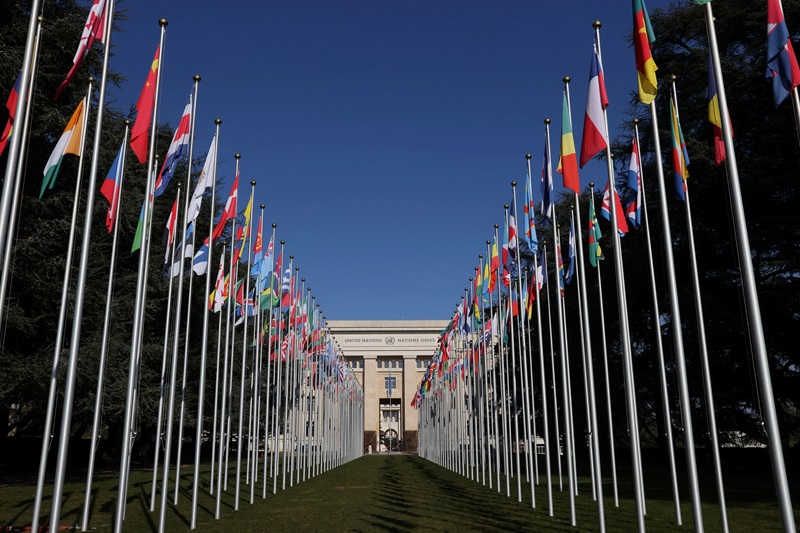
first us nitrogen gas execution legal battles and human rights issues
The United States is about to have its first-ever execution using nitrogen gas and this development has caught the world’s attention and it has raised worries and concerns globally.
Scheduled for January 25-26, the execution of an Alabama inmate, Smith, has raised alarms at the United Nations Human Rights Office (OHCHR), urging a halt to the procedure.
International Human Rights Concerns
OHCHR Spokesperson Ravina Shamdasani expressed strong reservations about Smith’s impending execution, stating that it could potentially constitute torture or cruel, inhuman, or degrading treatment under international human rights law. Shamdasani made this plea in Geneva via Twitter and tells about the need for Alabama authorities to rethink and cease any actions leading to such executions.
Failed Attempts and Ongoing Legal Battles
Alabama’s previous attempt to execute Smith by lethal injection in 2022 ended unsuccessfully. Even though they plan to use nitrogen gas for the execution, Smith is still going through legal processes in federal court. This adds more complications and makes the situation even less clear.
Lack of Sedation Raises Concerns
One alarming aspect pointed out by OHCHR is the absence of provisions for sedation before administering nitrogen asphyxiation in Alabama’s execution protocol. Drawing attention to the American Veterinary Medical Association’s recommendations for sedation even in euthanizing large animals, Shamdasani questioned the state’s protocol.
Risk of Pain
Smith’s legal team, supported by expert evidence, argues that the execution method chosen for him poses a heightened risk of pain and suffering.This makes people wonder if the way they’re planning to execute is human and if it might break international rules about people’s rights and the ban on torture.
Capital Punishment’ Human Rights
Expressing serious concern, Shamdasani underscored that the death penalty contradicts fundamental rights to life.
She mentioned that there’s not enough proof that using the death penalty stops crime, and there’s a big chance of mistakenly executing innocent people. The OHCHR is asking countries around the world to stop using the death penalty altogether and focus on getting rid of it everywhere, rather than trying new ways of executing people.







